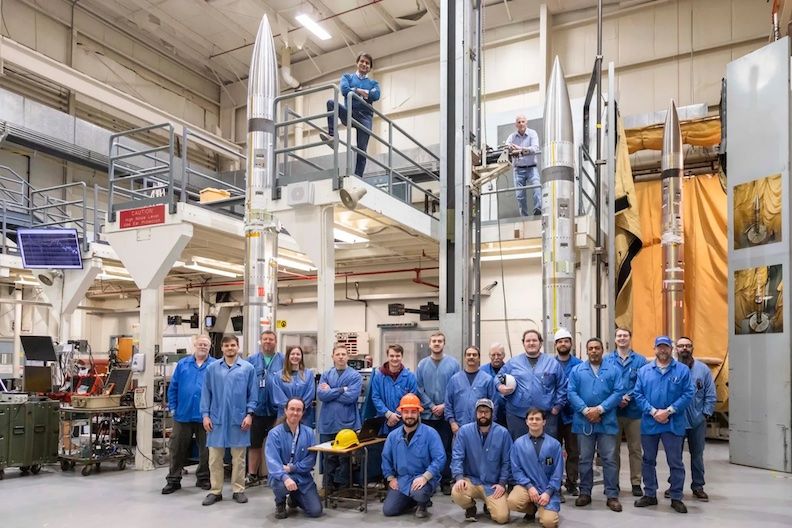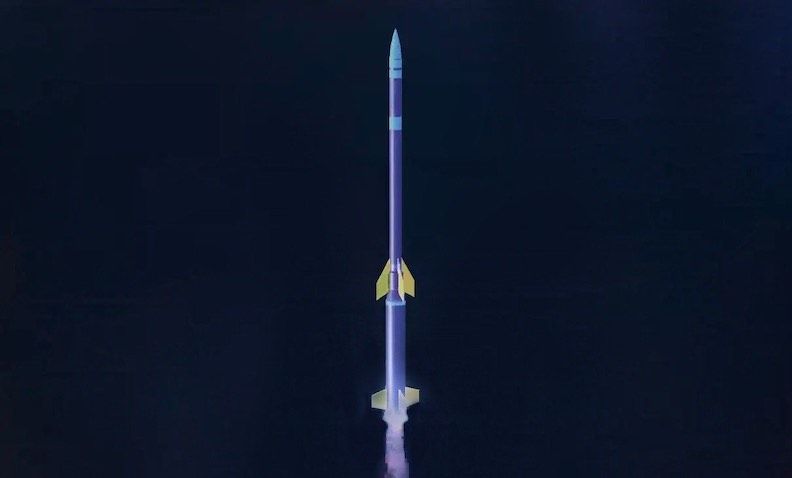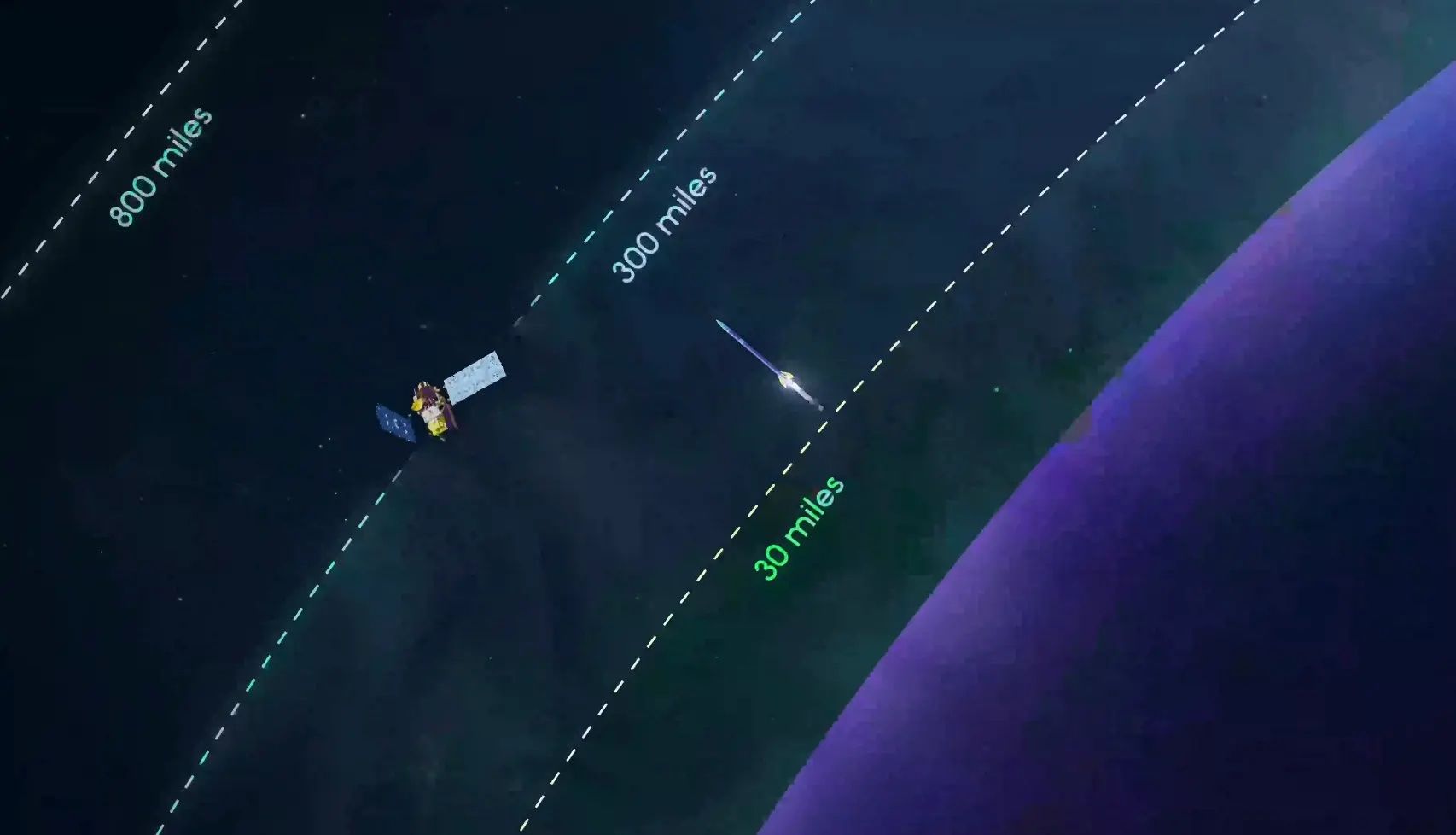NASA Launched Three Sounding Rockets Into the Solar Eclipse Today
(Washington, D.C. and Wallops Island, Virginia) The National Aeronautics and Space Administration (NASA) launched a jet plane and three Black Brant IX sounding rockets for tits APEP-2 mission during today’s eclipse to help scientists study the Sun’s impact on Earth’s atmosphere; today’s solar eclipse was North America’s last until 2044.

Photo from NASA’s Wallops Flight Facility, in Virginia, where three rockets were launched before, during and after Monday’s solar eclipse, courtesy of Berit Bland / NASA via The New York Post.
The goal of the rocket launches, specifically, is to study the potential disturbances in the planet’s ionosphere during a total solar eclipse, which could have impacts on radio and satellite communications, according to The New York Post.
The findings could pave the way for NASA to develop new technologies to protect radio communications during both brief and extended periods when solar behavior disrupts particles on Earth, according to CNET.

Rendering of one of NASA's three Black Brandt IX sounding rockets, which will deploy four smaller rockets to help study the atmosphere as a result of the eclipse, courtesy of NASA's Goddard Space Center via The New York Post.
Aroh Barjatya, a professor of engineering physics at Embry-Riddle Aeronautical University in Florida, is leading the mission to launch the rockets, which were also used during the October 2023 solar eclipse, according to The New York Post. The rockets are now refurbished and capable of deploying several smaller rockets to help measure the eclipse’s impact on the ionosphere, according to Berjatya.
“Each rocket will eject four secondary instruments the size of a two-liter soda bottle that also measure the same data points, so it’s similar to results from fifteen rockets, while only launching three,” Barjatya explained to The New York Post.

Rendering of the planned trajectory of NASA's three Black Brandt IX sounding rockets, which will will reach about 260 miles above the Earth., courtesy of NASA's Goddard Space Center via The New York Post.
The APEP rockets are expected to reach an altitude of 260 miles, about the same distance where the International Space Station orbits around the Earth.
Per The New York Post, during the 2023 eclipse mission, the rockets measured enough disturbance in the atmosphere capable of affecting radio communications, so Barjatya is eager to see if the latest test will confirm and expand on those results.
